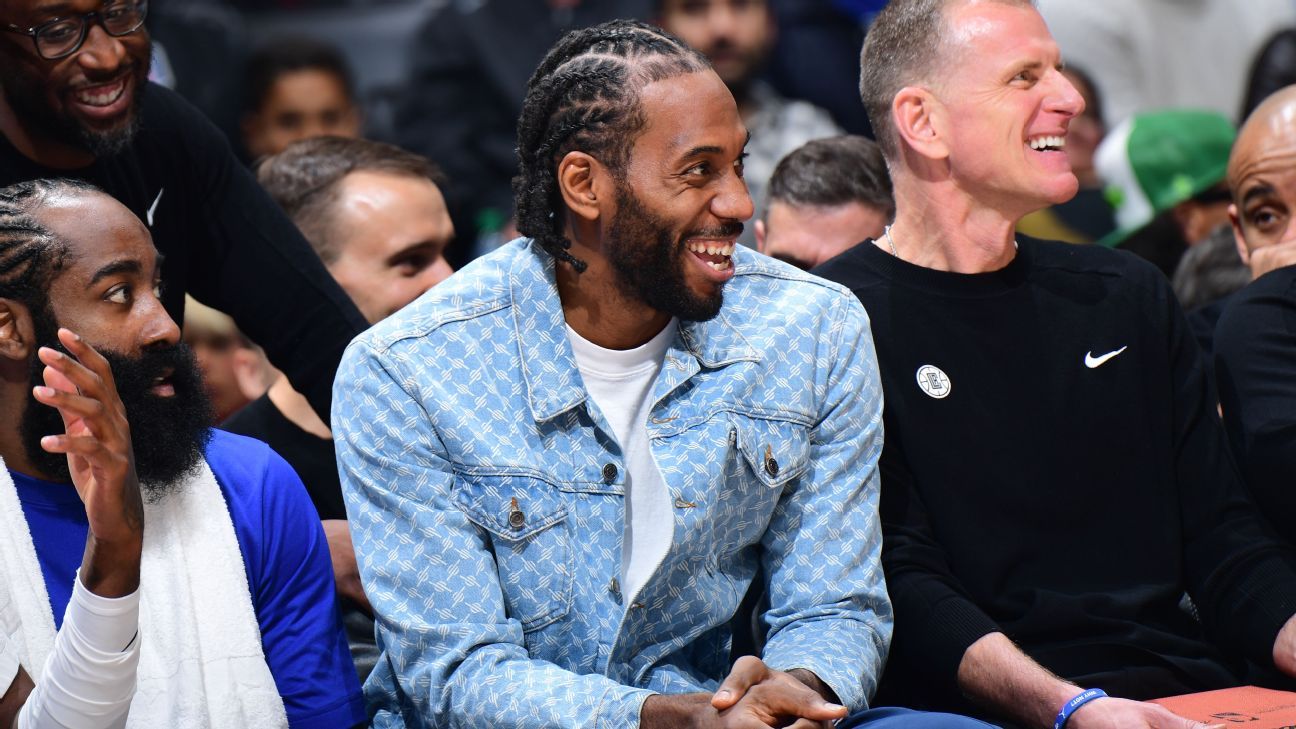Havana, February 18 The Russian Deputy Prime Minister, Yuri Borisov, is scheduled to meet Friday in Havana with a number of senior officials of the Cuban government. The visit, the third leg of a Latin American tour that has taken Borisov to Caracas and Managua, comes at a time of heightened bilateral contacts and tensions between Russia and the United States over the crisis in Ukraine. At the moment, the agenda of the Russian Deputy Prime Minister, who met with Cuban President Miguel Diaz-Canel, on his recent visit to Havana, has not been disclosed. His appearance in front of the media was also not announced. The Cuban Ministry of Foreign Affairs, when announcing the visit, only indicated that Borisov “will hold meetings with various Cuban authorities”, without providing further details. Ukraine crisis The trip comes a month after Russia’s deputy foreign minister, Sergei Ryabkov, did not rule out Moscow’s interest in deploying military infrastructure in Cuba and Venezuela in an interview with Russian TV channel RTVI. Ryabkov’s response provoked a strong reaction in the West amid escalating tensions between the United States and NATO on one side and Russia on the other, due to the build-up of Russian forces on the border with Ukraine and fear of a possible invasion. . Shortly after these statements, Diaz-Canel and his Russian counterpart Vladimir Putin had a telephone conversation. As a statement by the Cuban presidency explained, in the invitation “a deep exchange of views was held on issues of trade and economic cooperation and bilateral investment.” For his part, Kremlin spokesman Dmitry Peskov denied that the leaders had talked about increasing military-technical cooperation or establishing Russian bases in Cuba. However, after meeting this week with Borisov, Venezuelan President Nicolas Maduro emphasized that his country is on the “path of strong military cooperation” with Russia. For his part, the Russian Deputy Prime Minister in Caracas appealed to both countries to raise “military-technical” and “scientific-military” cooperation “to a new level”. Intensification of relations Borisov’s visit comes at a time of clear intensification of bilateral contacts between Moscow and Havana, the two historical partners, politically and commercially. Russian Foreign Minister Sergei Lavrov assured his national parliament in early February that his country wanted to strengthen strategic cooperation with Cuba, Venezuela and Nicaragua in “all areas: in the economy, culture, education and international cooperation.” Military-technical. On Thursday, the governments of Cuba and Russia discussed cooperation in the fight against terrorism, drug smuggling and money laundering in their ministerial consultations, according to a statement issued by the Cuban Ministry of Foreign Affairs (MINRIX). The Cuban Ministry of Foreign Affairs emphasized that this annual meeting “confirmed the high level of closeness that characterizes the historical relations between the two countries,” which did not provide further details. The memorandum added that the parties endorsed their “commitment” to “promoting pluralism and international cooperation as a solution to global challenges, as well as in defending international law and the Charter of the United Nations.” The Speaker of Russia’s State Duma (lower house), Vyacheslav Volodin, is also scheduled to visit Havana on February 23 and then travel to Nicaragua, according to a statement from Russia’s lower house of parliament. Havana and Moscow have strengthened their bilateral relationship in recent years to re-establish their close cooperation before the disappearance of the Soviet Union in 1991, with the signing of new economic cooperation agreements. In 2014, Moscow ceded 90% of the island’s $35.3 billion debt it had contracted to. Russia is one of Cuba’s ten largest trading partners, and both define their partnership as “strategic”.

“Unapologetic tv specialist. Hardcore zombie trailblazer. Infuriatingly humble problem solver.”

/cloudfront-eu-central-1.images.arcpublishing.com/prisa/BSZTSRM7BBEGRMTSM6DTRYGISU.jpg)
/cloudfront-eu-central-1.images.arcpublishing.com/prisa/WP2YZTBU4JBXDG3CKVEPKBNAE4.jpg)




More Stories
Haitians struggle to survive amid gang violence in the capital
Ecuadorians cast their votes in a referendum on anti-crime laws – DW – 04/21/2024
Everything is ready for popular consultation in Ecuador